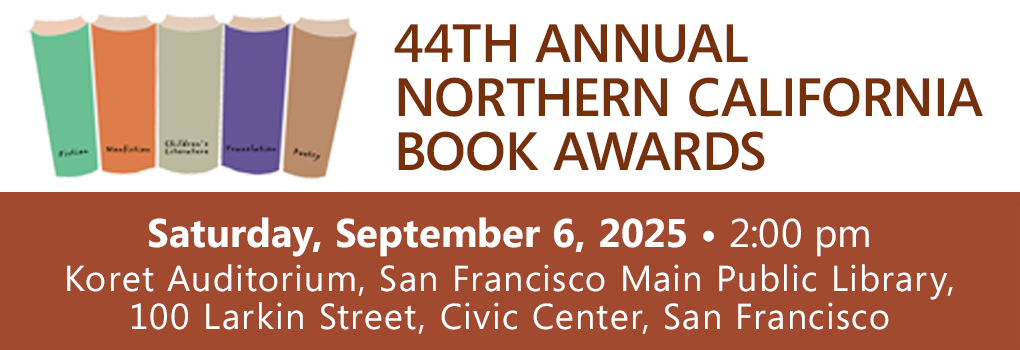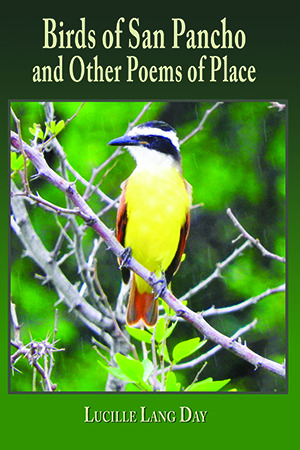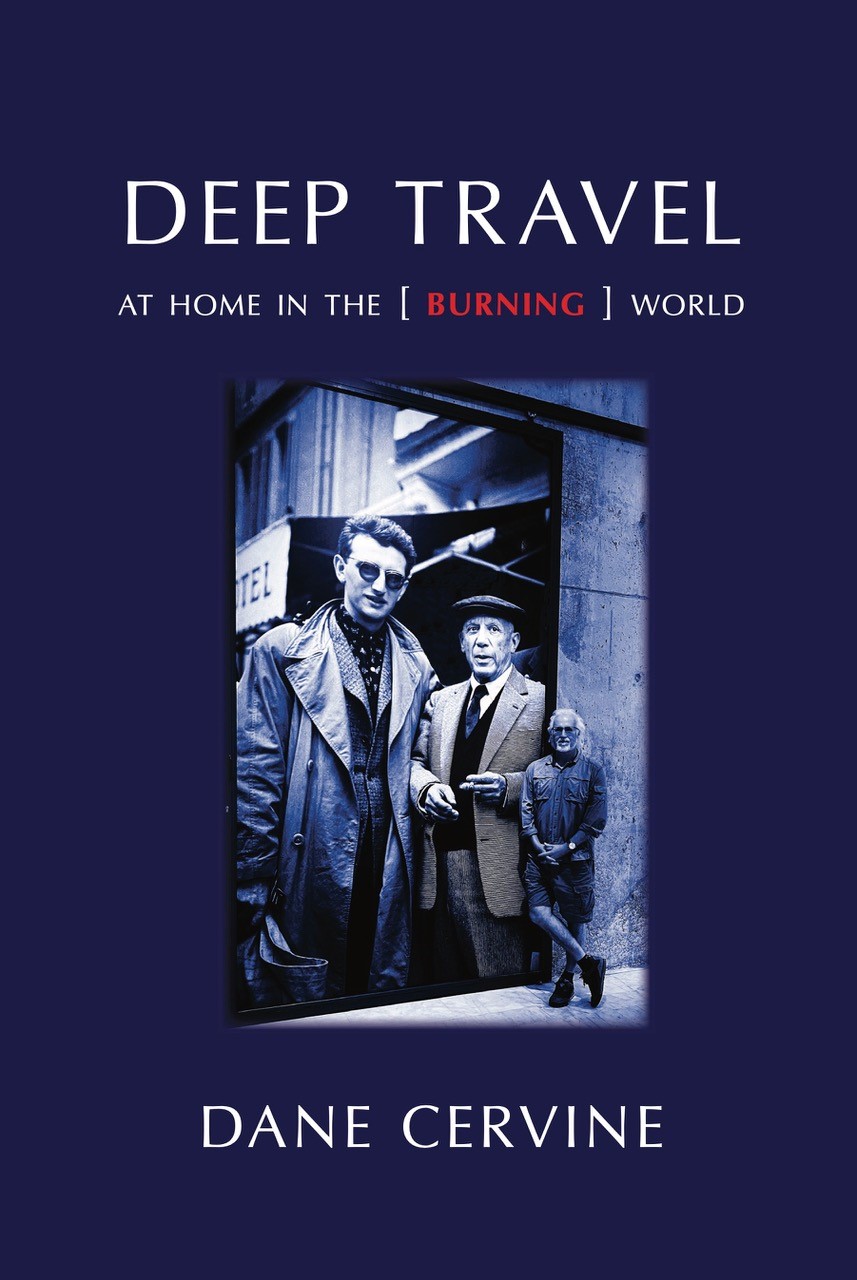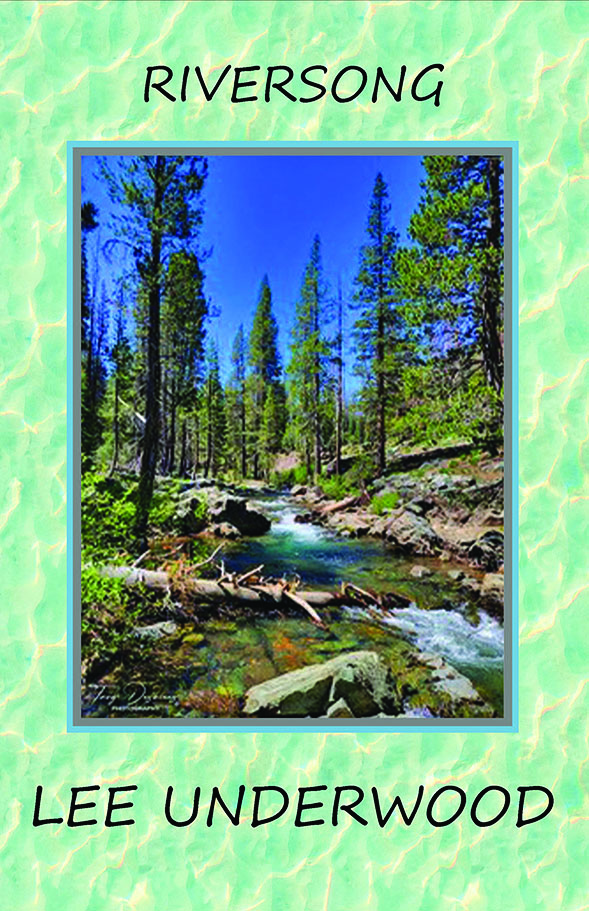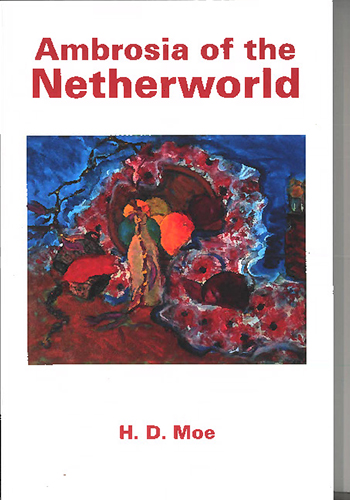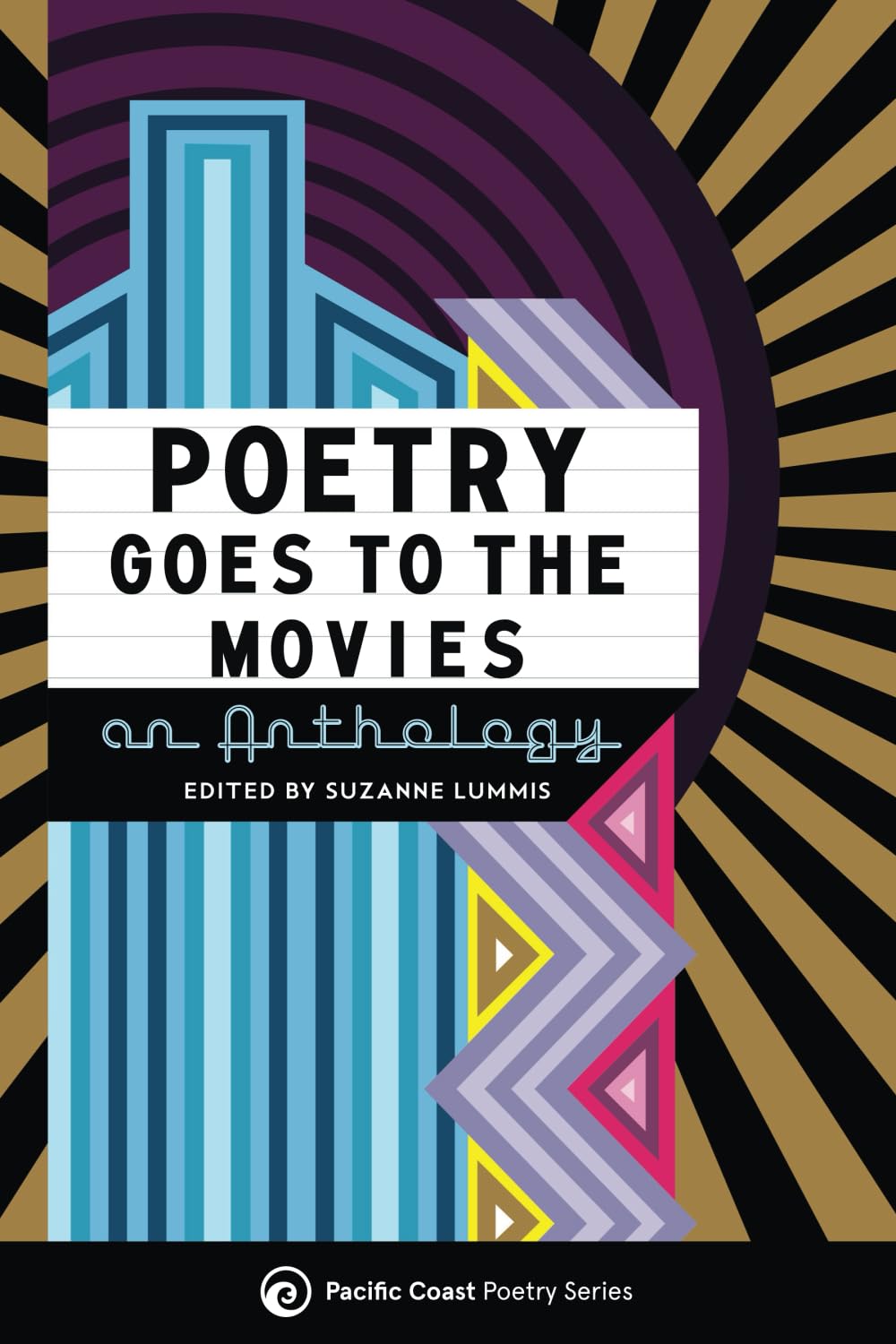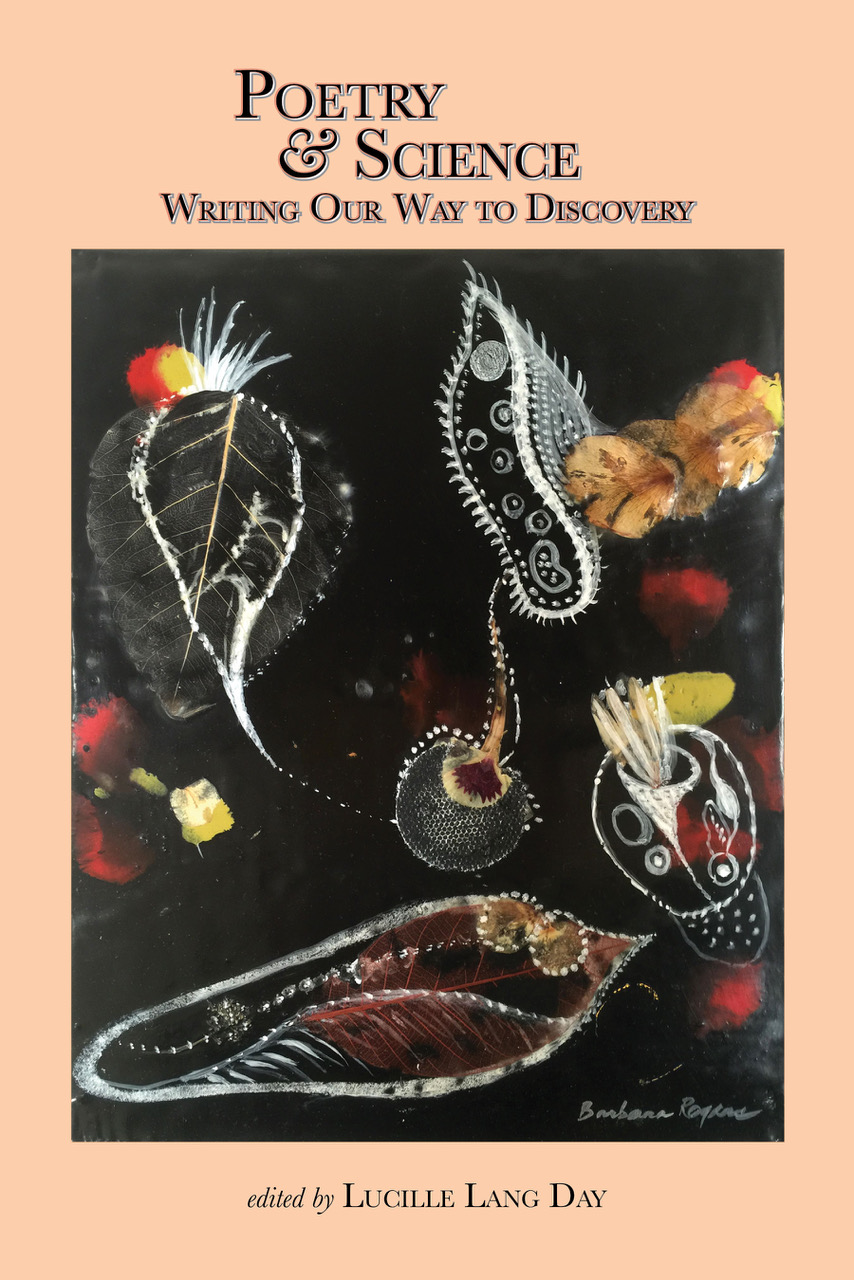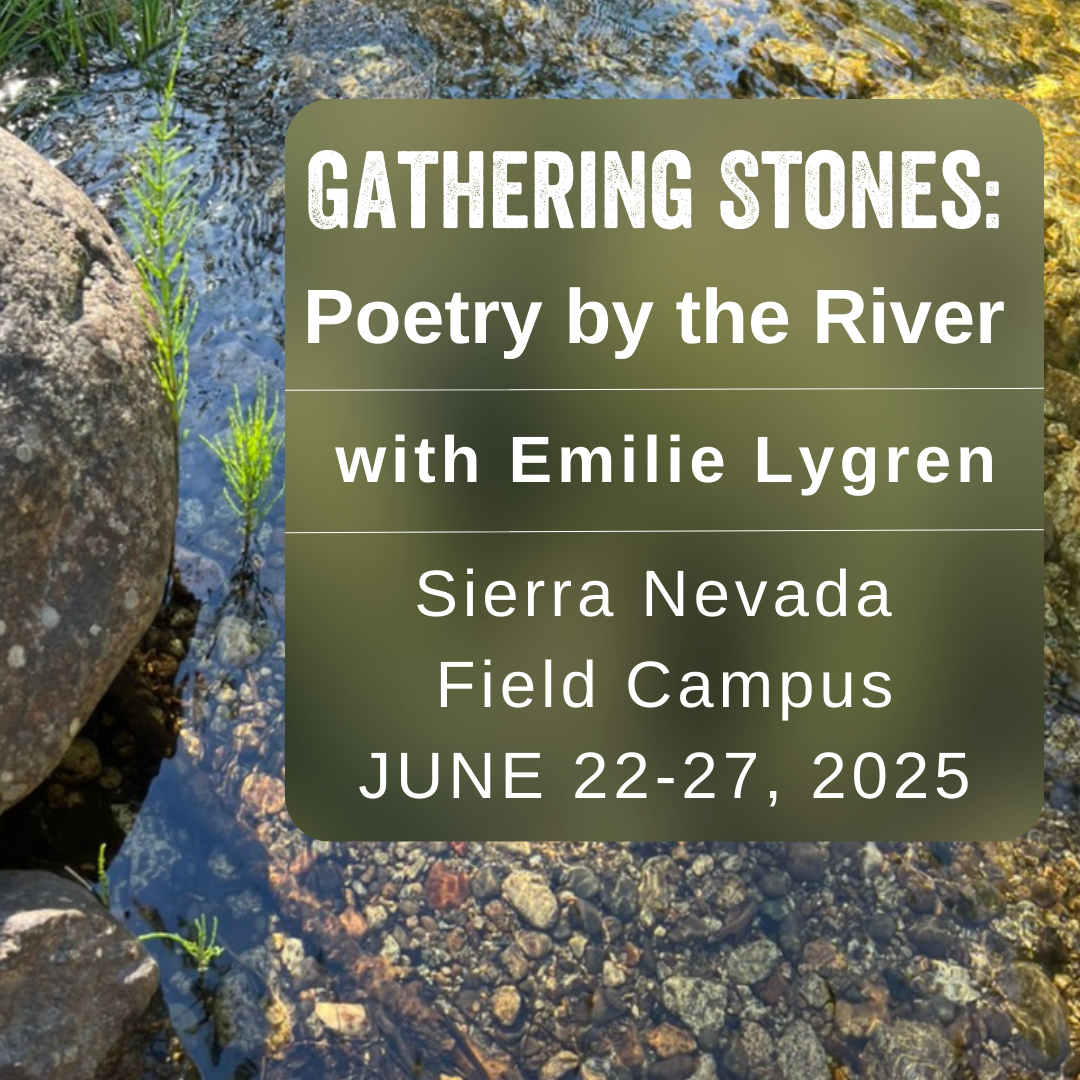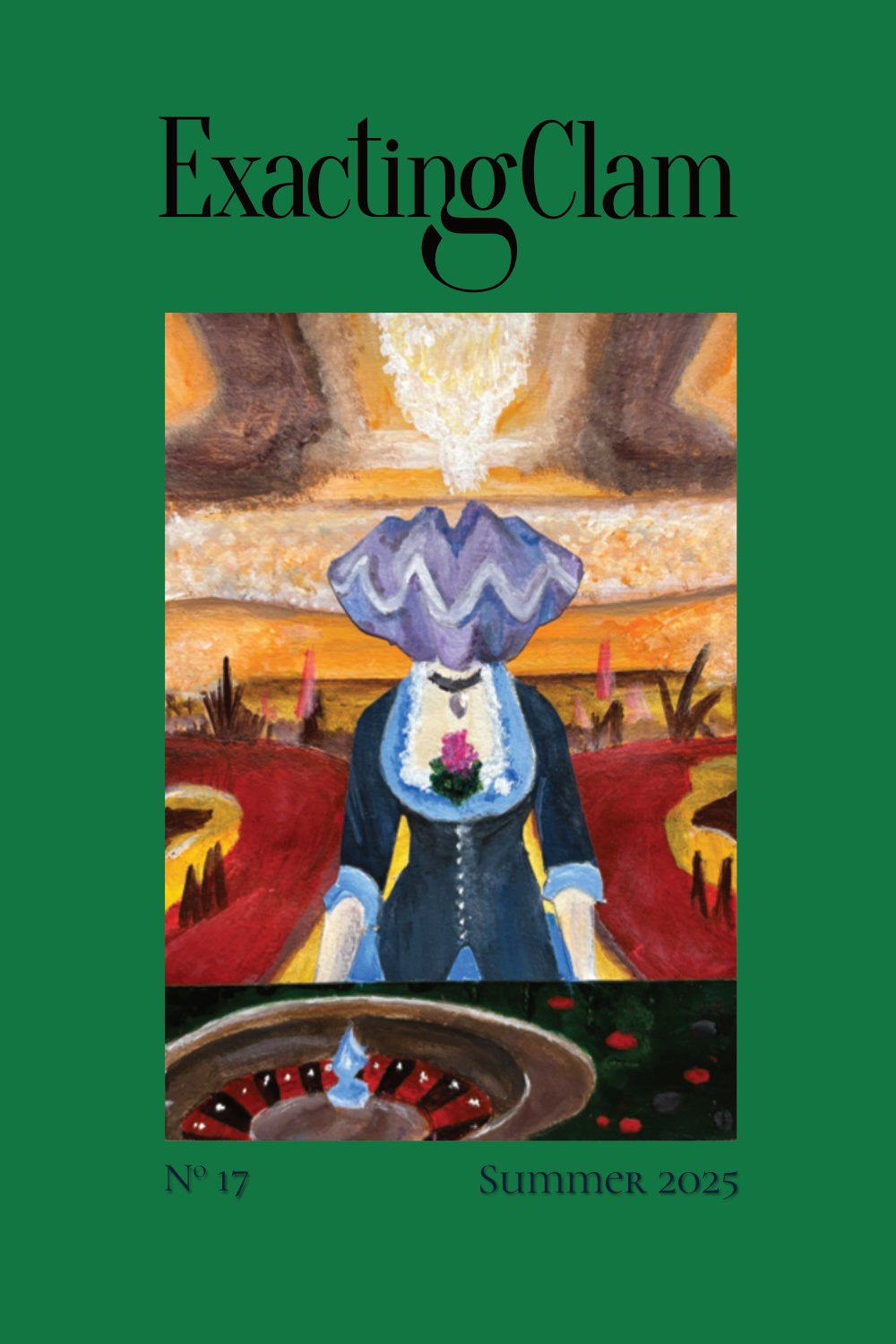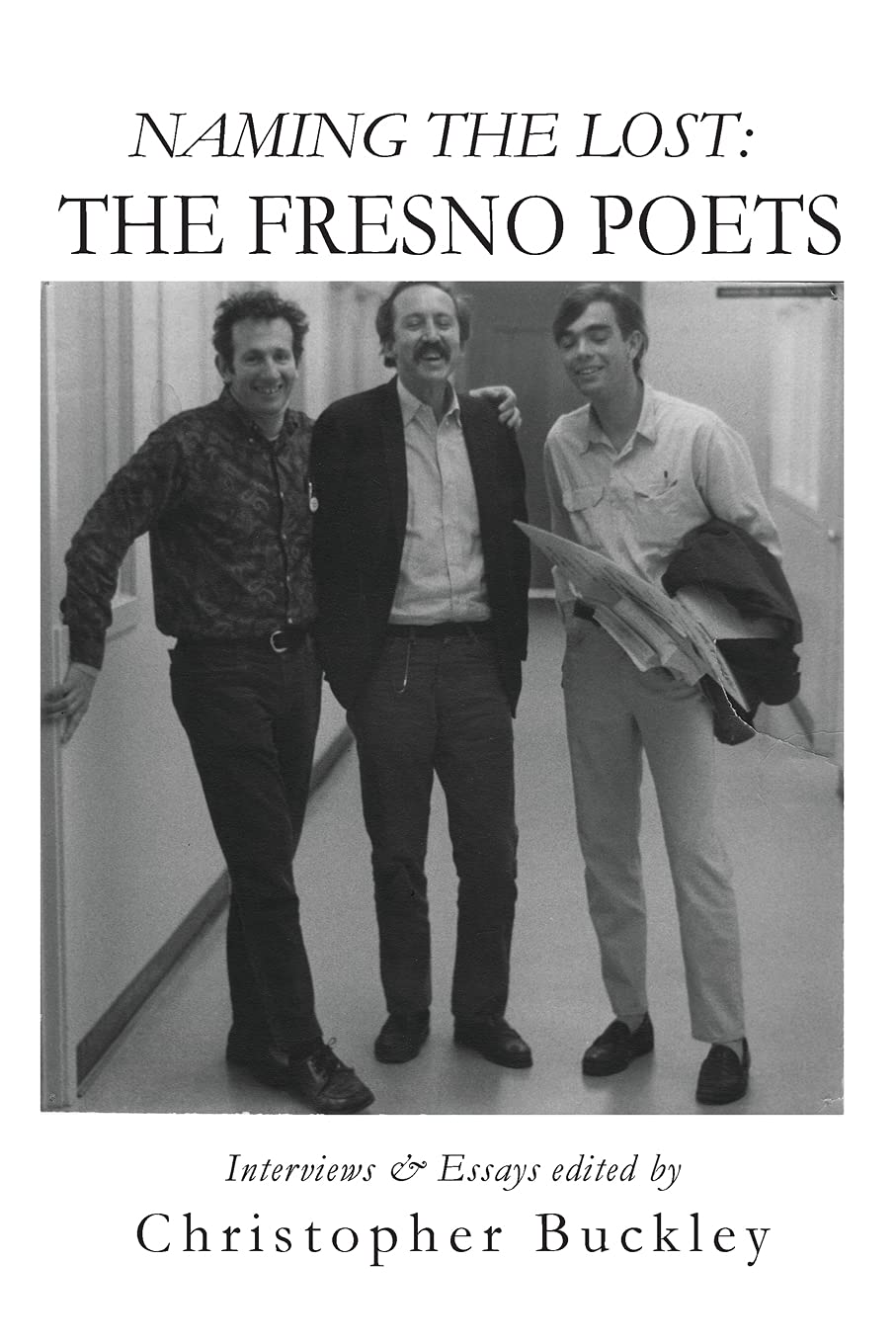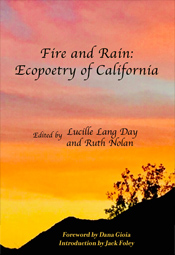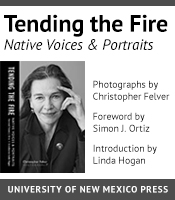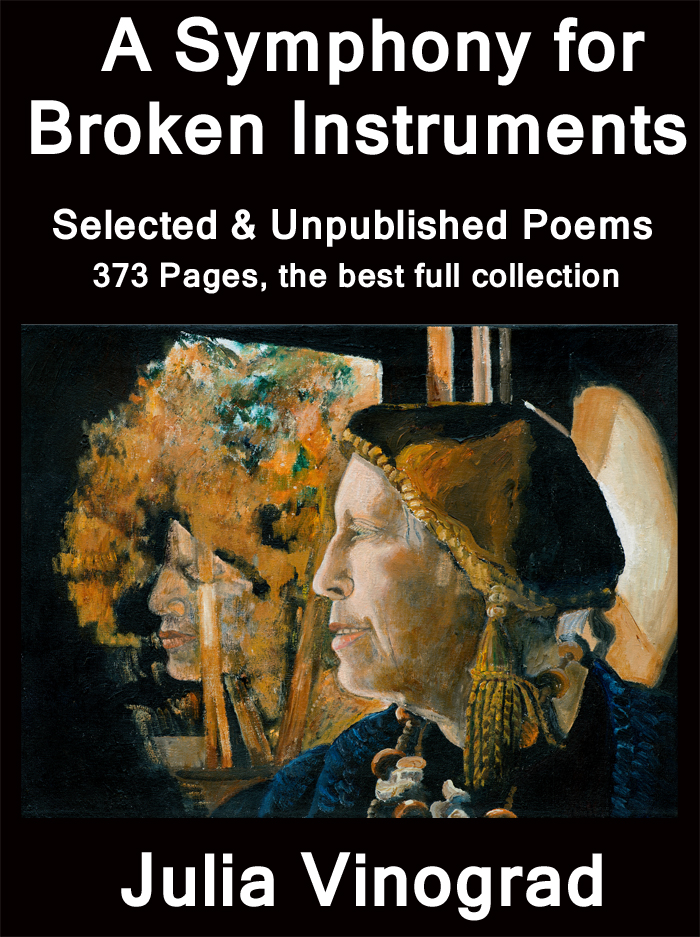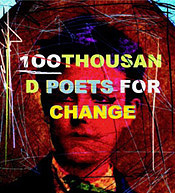Build Community Through Poetry

Support Poetry Flash's year-round literary programs, events, and publishing.

Francisco X. Alarcón
(1954-2016)
by Richard Silberg
FRANCISCO X. ALARCÓN died of cancer on January 15; he was sixty-two years old. Francisco was the most joyous of poets. You had only to listen to his voice, his words, take in the animation of his corpulent frame, to be bathed in the deep joy of his being. But he was also the fiercest of poets, fierce in the sacred duties of poetry, and fierce in the battle for the recognition, the dignity, and the freedom of his Chicano people, and behind that in the battle for the dignity and freedom of personhood in general. He was vibrant, joyous, fierce.
Born in Wilmington, California in 1954, he moved to Guadalajara, Mexico with his family when he was six and didn’t move back to California until he was eighteen. And so his approach to poetry was bilingual; most of his collections are printed with the poems in Spanish and English en face. You can also slip Nahuatl into the mix. He felt that he became a writer when he was fifteen and helped to transcribe his Nahuatl-speaking grandmother’s ballad-like songs. His 1992 collection Snake Poems: An Aztec Invocation, whose inspiration came by way of his discovery of a Mexican priest’s translation of Aztec incantations—but perhaps redounded to that grandmother, as well—is trilingual, English, Spanish, and Nahuatl, the Aztec language.
He was also the most concentrated of poets. His poems are characteristically extremely short-line, of very few words. They are essential incantations, shining from sacred center to sacred center—his own—to each of ours. Here is an example out of a lifetime of examples:
Puente
extiende
los brazos
extiendelos
que toquen
tus manos
mi orilla
yo recorré
tu cuerpo
como quien
cruza
un puente
y se salva
Bridge
extend
your arms
extend them
until your hands
touch the edge
of my body
I will travel
across your body
like someone
who crosses
a bridge
and saves himself
(from Ya Vas, Carnal, by Francisco X. Alarcón)
He published many books of poems, including Body in Flames/Cuerpo en llamas, De amor oscuro/Of Dark Love, Snake Poems: An Aztec Invocation, and From the Other Side of Night/Del otro lado de la noche: New and Selected Poems. His most recent books are Borderless Butterflies: Earth Haikus and Other Poems/Mariposas sin fronteras: Haikus terrenales y otros poemas, (Poetic Matrix Press, 2014) and Canto hondo/Deep Song, honoring the Andalusian deep lyric, or canto hondo, poetry of Spanish poet Federico García Lorca (University of Arizona Press, 2015). He also wrote a number of bilingual poetry and picture books for children. Among his honors are the Ruben Dario Prize for Poetry, the Chicano Literary Prize for Poetry, an American Book Award, the PEN Oakland Josephine Miles Award, and a Fred Cody Lifetime Achievement Award from the Bay Area Book Reviewers Association (now the Northern California Book Reviewers Association/Northern California Book Awards).
Francisco X. Alarcón read for Poetry Flash many times, most recently in last September’s twentieth annual Watershed Environmental Poetry Festival and a few months before that, in June 2015, in our Poetry Flash Reading Series at Moe’s Books in Berkeley, where we jubilated over Juan Felipe Herrera’s appointment as the first Chicano Poet Laureate of the United States (Herrera had also just served as our California Poet Laureate). And before every reading Francisco did he would perform the Aztec invocation of the four cardinal directions, calling out the Nahuatl ‘tahui’ with each facing, east, west, north, and south. We will always remember him in those joyful, priestly offices. ![]()
Photo Credit: Christopher Felver
— posted January 2016



